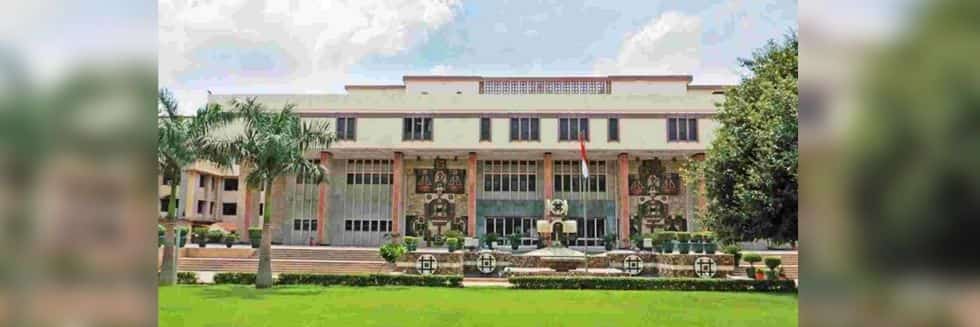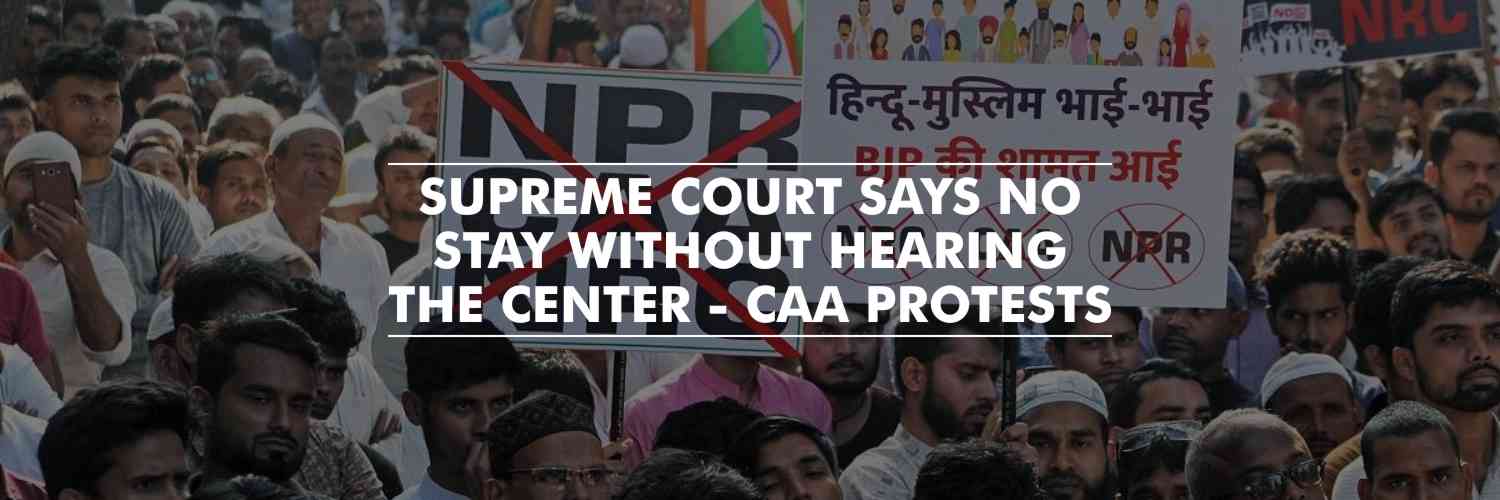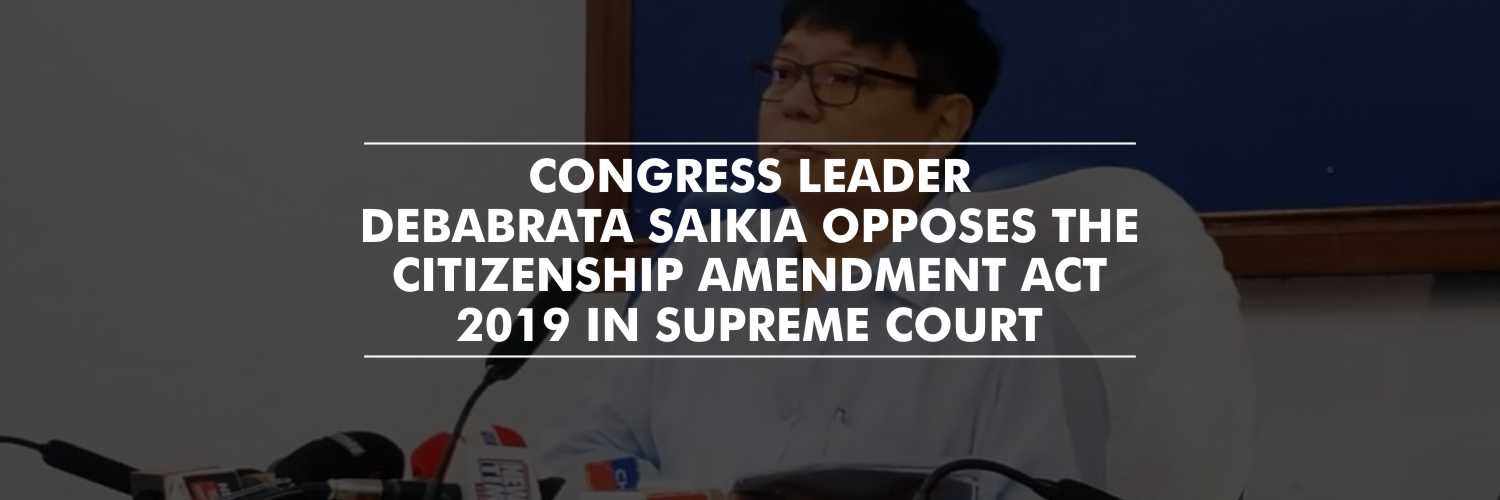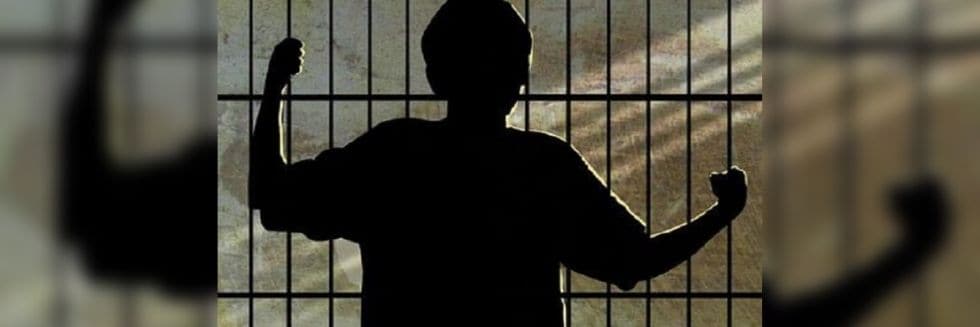Even amid uproar by the opposition leaders, Rajya Sabha passed the Government of National Capital Territory of Delhi (Amendment) Bill, 2021. The GNCTD Bill seeks to enhance the powers of Lieutenant Governor of Delhi by declaring him to be the “Government of Delhi”.
The Bill was passed in Lok Sabha on Monday.
Delhi Chief Minister, Arvind Kejriwal censured the Bill and tweeted, “RS passes GNCTD amendment Bill. Sad day for Indian democracy. We will continue our struggle to restore power back to people. Whatever be the obstacles, we will continue doing good work. Work will neither stop nor slow down.”
RS passes GNCTD amendment Bill. Sad day for Indian democracy
We will continue our struggle to restore power back to people.
Whatever be the obstacles, we will continue doing good work. Work will neither stop nor slow down.
— Arvind Kejriwal (@ArvindKejriwal) March 24, 2021
Delhi’s Deputy CM Manish Sisodia also opposed the Bill and called it a dark day for democracy. “The rights of the government elected by the people of Delhi have been taken away and handed over to LG. Look at the irony, the Parliament was used to assassinate democracy which is called the temple of our democracy. People of Delhi will fight against this dictatorship #BJPFearsKejriwal,” tweeted Manish Sisodia.
आज का दिन लोकतंत्र के लिए काला दिन है।दिल्ली की जनता द्वारा चुनी हुई सरकार के अधिकारों को छीन कर एलजी के हाथ में सौंप दिया गया।विडंबना देखिए कि लोकतंत्र की हत्या के लिए संसद को चुना गया जो हमारे लोकतंत्र का मंदिर है।दिल्ली की जनता इस तानाशाही के खिलाफ लड़ेगी. #BJPFearsKejriwal
— Manish Sisodia (@msisodia) March 24, 2021
Rajya Sabha Deputy Chairman Harivansh Narayan Singh declared the bill passed after the members voted through division slips with 83 ayes and 45 noes. Following the announcement, opposition members walked out.
Journalist Rajdeep Sardesai also criticised the Bill.
Another contentious bill passed by the Rajya Sabha without being sent to a select committee for any kind of review: the GNCTD bill that makes the LG the ‘supreme’ power of the national capital.. ?
— Rajdeep Sardesai (@sardesairajdeep) March 24, 2021
Major Amendments Proposed in GNCTD Bill
- The Amendment Bill aimed at amending GNCT of Delhi Act, 1991 which provides a framework for the functioning of the Delhi Legislative Assembly.
- It redefines the framework and seeks to enhance the powers of Lieutenant Governor of the National Capital by declaring him to be the “Government of Delhi”.
- The GNCTD Bill provides that the opinion of LG should be obtained before taking any executive action on decisions of the Delhi Government, on such matters as may be specified by the LG.
- The Bill curbs the power of the Delhi Assembly to conduct its proceedings as per the rules of procedure made by it. It proposes that the Rules made by the Delhi Legislative Assembly regulate the procedure and conduct of business in the Assembly must be consistent with the rules of procedure and conduct of business in the Lok Sabha.
- The GNCTD Bill also prohibits the Legislative Assembly from formulating any rule to enable itself or its Committees to: (i) consider the matters of the day-to-day administration of the NCT of Delhi and (ii) conduct any inquiry in connection to administrative decisions. Further, any provision in force having the above-said effect will be void.
Opposition Accuses Centre of Practicing “Coercive Federalism”
All the opposition parties including BJD, YSRCP, and the SP opposed the Amendment Bill. The opposition leader, M Mallikarjun Kharge claimed that the Centre Government is trying to seize the powers of elected representatives in Delhi in order to run a “proxy Government” by handing over all the powers to a nominated LG. He further added that such centralization of power is against the Constitutional principles and therefore, must be referred to a Select committee to scrutinize it well.
Referring to Article 239AA(6) of the Constitution which states that “the Council of Ministers shall be collectively responsible to the Legislative Assembly, MP from the Delhi constituency, Sanjay Singh also opposed the Bill while calling it unconstitutional.
He further added, “this being the position of the Constitution, there is no scope for the Government to make the Council of Ministers responsible to the LG by seeking his opinion for implementation of its orders.
“Most Pernicious and Unconstitutional Bill” – Senior Advocate Abhishek Manu Singhvi
MP and Senior Advocate Abhishek Manu Singhvi said, “This is the most pernicious, most unconstitutional Bill which this House has ever received.”
He referred to the Article 239AA(6) of the Constitution which signified that Delhi should be a full state and all provisions that apply to a State shall apply to Delhi. This is barring the power to legislate upon matters of public order, police, and land.
He also referred to the judgment given by the Constitution bench comprising CJI Dipak Misra, Justices AK Sikri, AM Khanwilkar, DY Chandrachud, and Ashok Bhushan which ruled, LG is an administrative head in the limited sense, and is not a Governor. He is bound by the aid and advise of the NCT Government in areas other than those exempted.”
The bench mentioned that the major reason behind the Constitution (69th Amendment) Act, 1991 under which Article 239AA(6) was added “to establish a democratic setup and representative form of government wherein the majority has a right to embody their opinion in-laws and policies pertaining to the NCT of Delhi subject to the limitations imposed by the Constitution”.
“The exercise of establishing a democratic and representative form of government for NCT of Delhi by insertion of Articles 239AA and 239AB would turn utile if the Government of Delhi that enjoys the confidence of the people of Delhi is not able to usher in policies and laws over which the Delhi Legislative Assembly has power to legislate for the NCT of Delhi,” the ruling said.
Advocate Singhvi stated that this GNCTD Bill tries to nullify the effect of the Supreme Court Constitution Bench judgment.
He quoted, “A conjoint reading of Article 239AA (3) (a) and Article 239AA(4) reveals that the executive power of the Government of NCT of Delhi is coextensive with the legislative power of the Delhi Legislative Assembly which is envisaged in Article 239AA(3) and which extends over all but three subjects in the State List and all subjects in the Concurrent List and, thus, Article 239AA(4) confers executive power on the Council of Ministers over all those subjects for which the Delhi Legislative Assembly has legislative power.”
“Article 239AA(4) confers executive powers on the Government of NCT of Delhi whereas the executive power of the Union stems from Article 73 and is coextensive with the Parliament’s legislative power. Further, the ideas of pragmatic federalism and collaborative federalism will fall to the ground if we are to say that the Union has overriding executive powers even in respect of matters for which the Delhi Legislative Assembly has legislative powers. Thus, it can be very well said that the executive power of the Union in respect of NCT of Delhi is confined to the three matters in the State List for which the legislative power of the Delhi Legislative Assembly has been excluded under Article 239 AA (3) (a),” said advocate Singhvi.
He further added, “The Lieutenant Governor has not been entrusted with any independent decisionmaking power. He has to either act on the ‘aid and advice’ of Council of f Ministers or he is bound to implement the decision taken by the President on a reference being made by him.”
Centre’s Stand on GNCTD Amendment Bill
Union Minister G Kishan Reddy supported the Bill and said that it is not constitutional. He claimed that the Bill only seeks to clarify certain ambiguities in the law and the Bill neither takes away any right from the Delhi government nor entitles new rights to the LG.
He further added, “The Honorable Court said it is incumbent on Delhi Government to inform the Lieutenant Governor of its decisions. Some clarification is needed as it is affecting the citizens. It is necessary to remove the administrative uncertainties…It will improve administrative functioning.”
Bharatiya Janata Party MP, Bhupender Yadav also commented that Delhi is not a full-fledged state. He further added that the territory is essentially a union Territory whose head is the LG (as declared under the Constitution).
“Delhi Assembly Committee may look into Bills, Budgets, etc. However, it cannot look into day-to-day administration of the Government. If Committee starts looking into criminal cases, what happens with powers of executive police,” Yadav said.






